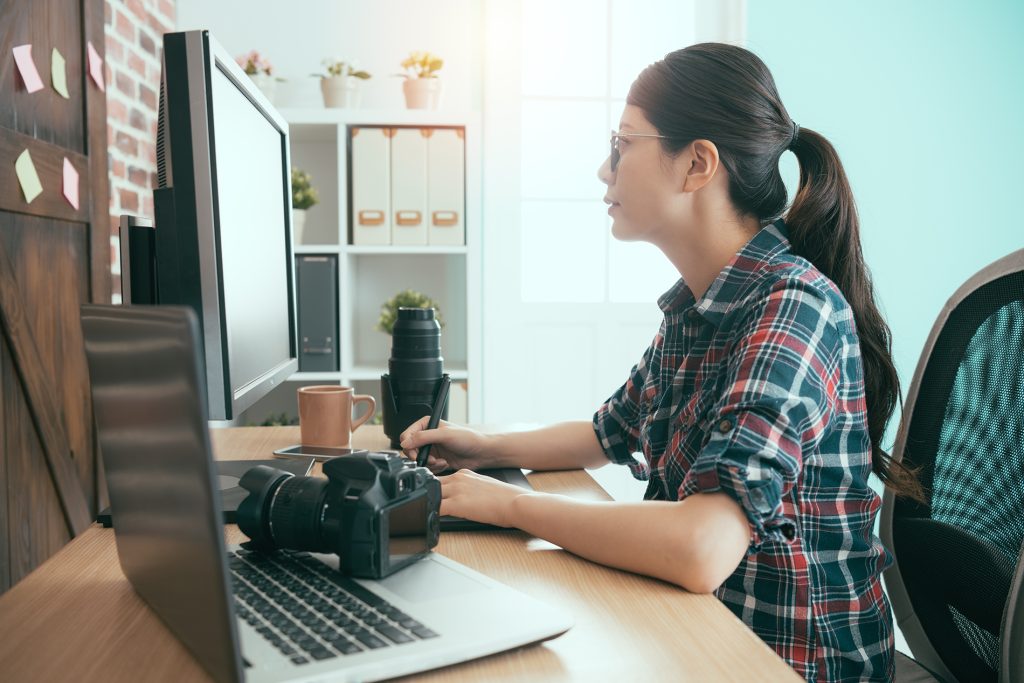A photographer license is an essential business document for anyone who runs a photography business. Not only does it protect your business from legal problems, but it also ensures that clients know you’re legitimate and will deliver high-quality work.
How to Get a Photographer License
If you want to turn your hobby into a full-time, profitable photography business, you may need to obtain a professional license in order to operate legally in the state where you live. The process is relatively straightforward, but it’s important to do your research before you begin.
The first step is to decide whether you’re ready to get a professional license for your photography business. If you’re not sure, you might consider a photography school to learn the skills you need to become a professional photographer and earn more money from your hobby.
Some colleges offer degrees in photojournalism and documentary photography, which can teach you the business skills you need to be a successful self-employed photographer. These degrees typically involve coursework in journalism ethics, news writing and reporting, and photo editing.
Depending on the kind of photography you do, you’ll likely need to have a photographer license to be able to sell your work to magazines and other publications. In addition, if you’re a full-time photographer and work at an event venue, you might need to get insurance documents before shooting on site.
Permission and Constraints
When you give a client permission to use your image, make it clear how long that license will be and what restrictions or limitations that apply. These can include media, region, product/service, and any other restrictions that you might have. For example, if you shoot landscape photography and a client wants to use your photo in a magazine that focuses on travel, then you’d want to limit that usage to that publication only.
It’s also important to ensure that your client understands that they can’t sublicense your photo or use it in any way without your approval. You can even add a clause that says that you own the copyright of the images you provide, which would prevent any third parties from claiming ownership of your work.

If you’re a freelance photographer, you might be able to find jobs at small businesses or corporations that need photos for marketing purposes. These jobs can be a great source of revenue for photographers, but they can also put you at risk of being sued for infringement if someone else uses your images without your permission.
To help you avoid getting into legal trouble, you can check the website of your local city hall or the state licensing board for information about business licenses. It’s a simple two-step process, but it will save you time and frustration in the future.
In addition to a photographer license, you should also have insurance for your photography equipment and business. This will protect you from any legal issues that might arise from accidents or damages to your gear, such as broken lenses or scratches on your camera.
